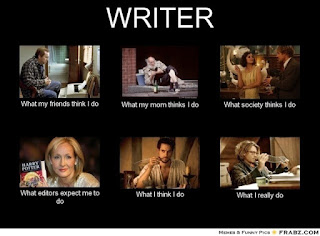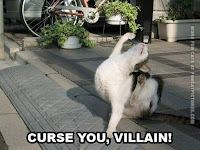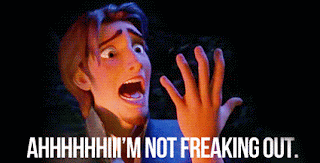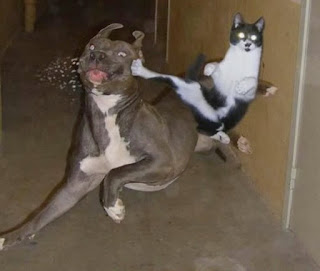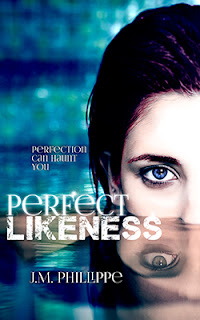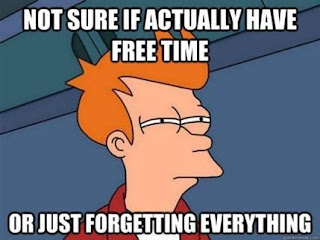An Hour in the Life of a Writer
I’ve just had an incredible idea. Instead of my characters discussing whether an old prophecy is true, my protagonist is going to give them proof! Oh wow, this is so good. No, not good. Phenomenal!
Fingers poised over the keyboard, imagining the firestorm about to ignite. Bwaa-ah-ah! [rubs hands]
They’re not going to see this coming. Head is exploding with visions of giddy readers whisking through pages to see what happens next.
Where to start. The sanctuary? Yeah yeah, that’s a great setting. Creepy, dark, ominous. Who’s in the scene? The entire coterie? Or a private meeting? This is “big splash” time—the mob it is.
Only I can write this scene! [cracks knuckles]
Must get coffee to fuel the next hour of writerly genius. Happy dance like nobody’s watching.
Ooof! Ottoman! I meant to do that.
Barista machinations. Stretch left, then right while staring off, dreaming of Viking River Cruise. And lunch.
Oy. Forgot to do dishes. You know how you love a spotless kitchen, princess. Bet you’re done by the time the fragrant black nectar of the gods is ready.
Winning! Coffeemaker is dribbling with all the vigor of an eyedropper.
D’oh! Buzzer. Go change the load. Bet you can beat feet back here before the jug-o-joy is yours for the slurping. Hurry, before wrinkles set in.
Oh, jeez, the poor cat is starving. Ate her morning portion already. She deserves a treat. Heeeere, kitty kitty. Where are you? Oh, sorry, did I wake you? Give mama a hug. Look what I got for you.
Did I just rub my eyes? Must wash out so baby blues don’t look like puffer fishes.
Yikes! Girlfriend, drag a brush through that hair. What the hell? Marionette lines?
Coffee is probably cold by now.
Yup. Nuke event #1. World’s most annoying microwave beeper.
[Sip] Tongue fry!
Creamer for cooling? That creamer has sugar. Like, 7 grams. But it’s almond cream. Caramel. Your favorite. Look how bloated you are already. You need to get to the gym. Later. Or next week. Is it March already? How long has this stuff been in here anyway? [sniff, shrug] Just a splash. Oops. That was way more than 7 grams.
Ouch! What was that? I should sweep one day soon.
Butt in chair, butt in chair, butt in chair.
Yes, ma’am! Fingers psyched to move like lightning in World’s Most Creative Writing Session.
[slurp] Yum. No guilt now.
Where was I? Headed to the sanctuary? Yeah yeah. Making them do something epic…
Oops! Eagle eye has spotted a typo. Hmm, should that be a gerund? Oh, there’s another one. Is that an appositive? Now, there’s a good sentence for ya. Is it lay or lie?
Oh yeah. Sanctuary. Lotsa people. Prophecy revealed.
[slurp]
Nuke event #2.
[bouncy cell ring]
Hey there! Oh, yeah yeah, writing like a banshee. What’s your last hour of writing been like?
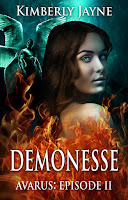 ________________
________________
Kimberly Jayne writes in multiple genres including humor, romantic comedy, suspense, erotica, and dark fantasy. Her latest foray into a dark fantasy released in episodes is as much an adventure as the writing itself. You can check her out on Amazon.
In addition to writing for the Stiletto Gang on the first Monday of the month, you can find her blogging about the writer’s life at ReadKimberly and on her usually irreverent sister blog, Fragrant Liar, where she prattles candidly about life as a reluctant midlifer in these modern times.


